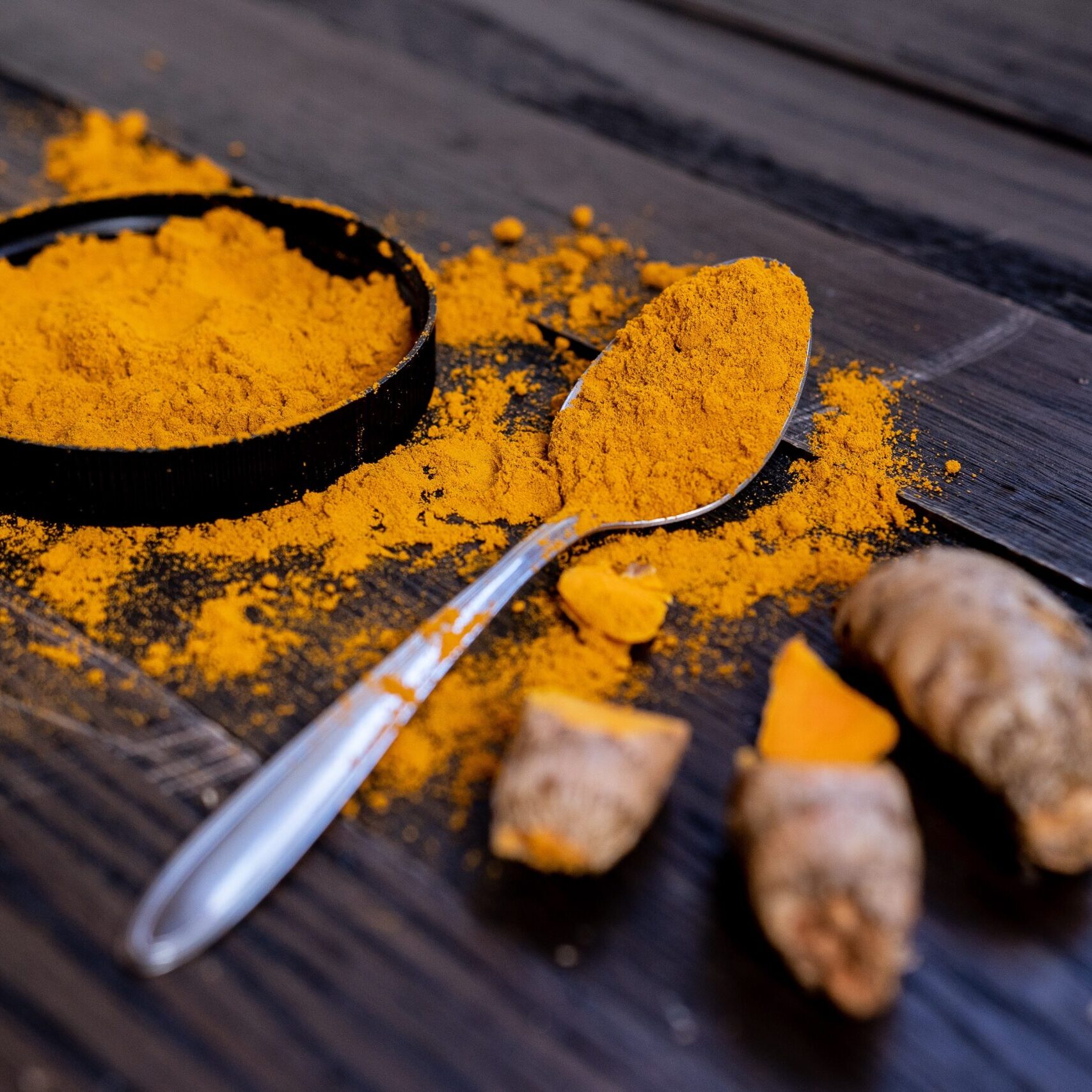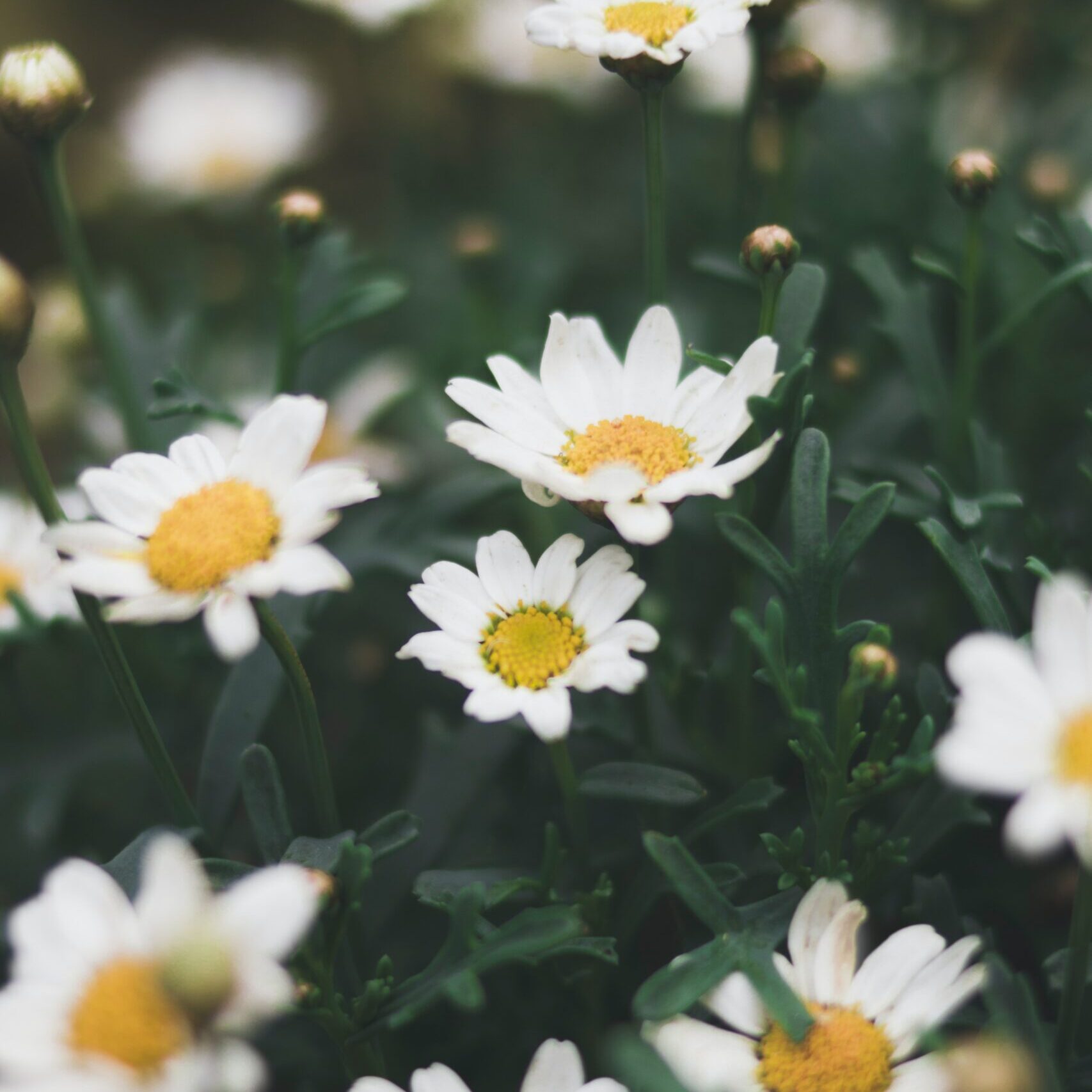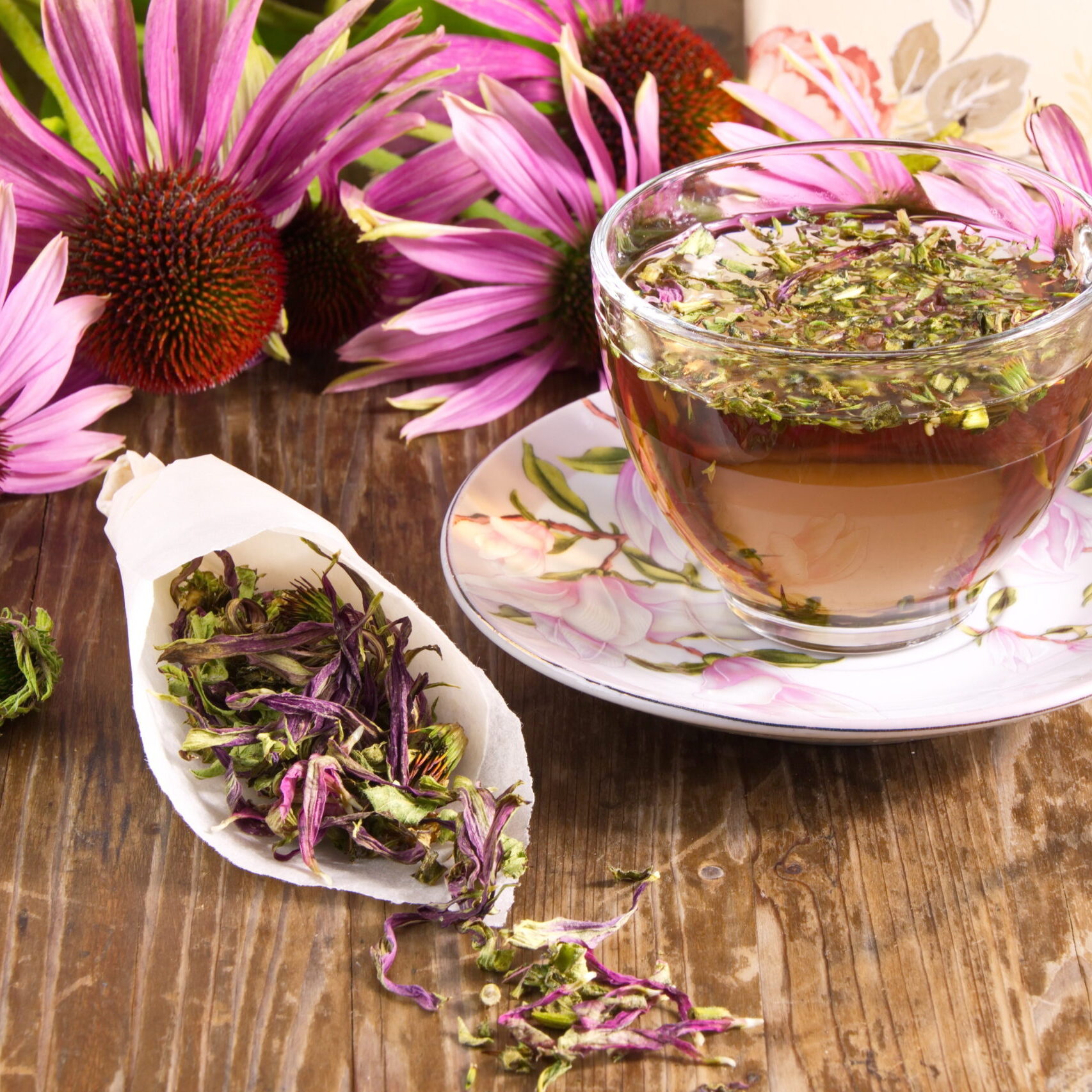What is herbal medicine?
Herbal Medicine is a natural plant-based alternative to many modern-day treatments. Around the world there are many different forms of herbal medicine and these stem from their respective traditions. Plants contain compounds called secondary metabolites which are the building blocks of herbal medicine (and the survival mechanisms of plants!). Such compounds are things like the Rosmarinic acid, the anti-inflammatory chemical found in Thyme and Rosemary. There are thousands of medicinal plants and many you may have already heard of like:

Herbal Medicine: Turmeric
Turmeric is one of the most popular herbal medicines across the globe. It’s used in many Ayurvedic medicines and within Western and Chinese Medicine. However, this is one plant is a good example of why seeing a herbalist is important. Turmeric is one of a few plants that can alter the way your normal medicines are absorbed. The mechanism for this is quite complex and involves a metabolic pathway called CYP450 in the Liver. The end product of this is a potential for a negative interaction between Curcumin, the anti-inflammatory compound found in turmeric and many drugs such as the contraceptive pill and blood thinners.
Herbal Medicine: Chamomile
Chamomile is one of our favourite herbs at the Riverside Natural Health Centre. We use chamomile for many complaints and illnesses. Historically, Chamomile has been used for sleep, stomach complaints, and fever. Today Martin uses chamomile combined with ginger to treat his own inflammatory stomach condition for symptomatic relief. Chamomile is a relatively safe herb and is used in both children and adults. One safety note, Chamomile contains a compound called apigenin which can cause drowsiness and may increase the effects of any medicines that make you sleepy.


Herbal Medicine: Echinacea
Echinacea is a common remedy around the world for the treatment and prevention of seasonal colds and flu. However, like Turmeric Echinacea can interact with many medicines and stop them from being absorbed properly.
These are just a few herbs that can be used by our herbalist and the safety aspects are why it is important to book a consultation before you take herbal medicines. As Martin will provide herbs that will have minimal interaction with any medicines you’re taking. *
We stock and have access to many different forms of herbal medicine any each prescription is dispensed to individual needs. For a full rundown on what we use check our Herbal Medicine Types page.
*If interactions are unavoidable Martin will have a chat with you on the risks prior to dispensing any medicines.
Information on this page is for educational purposes only and should not be used to diagnose or treat any health condition. Seek medical advice from your Herbalist or GP prior to beginning any form of treatment.
